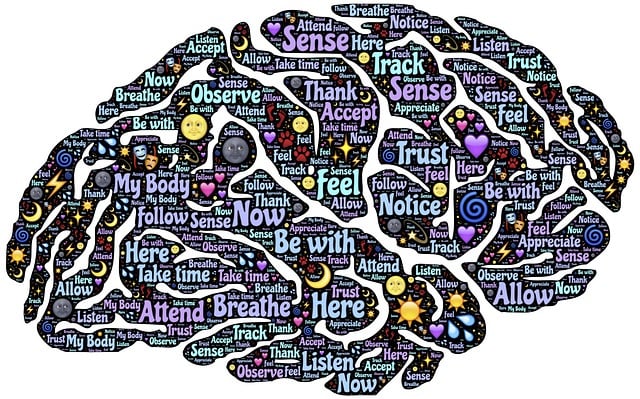Westminster Spiritual-Religious Issues Therapy emphasizes the significant impact of stress on mental health, offering a holistic approach to management. By addressing spiritual well-being's connection with mental health, they empower individuals to cope with life's challenges using mindfulness, cognitive-behavioral therapy, and relaxation techniques. This unique method incorporates religious and spiritual practices, self-reflection, and practical tools for stress reduction, fostering resilience and improved overall mental well-being. Moreover, the therapy teaches effective coping strategies through simple exercises, enhancing students' emotional balance and nurturing their resilience.
Stress management techniques are essential tools for maintaining mental health and overall well-being. In this article, we explore various aspects of stress mitigation, starting with a deep dive into understanding its impacts on mental health. We then delve into Westminster Spiritual-Religious Issues Therapy (WSRIT) as a holistic approach that integrates spiritual practices to address stress. Finally, we present practical techniques for effective stress management teaching, drawing insights from WSRIT.
- Understanding Stress and Its Impact on Mental Health
- Exploring Westminster Spiritual-Religious Issues Therapy: A Holistic Approach
- Practical Techniques for Effective Stress Management Teaching
Understanding Stress and Its Impact on Mental Health

Stress is a natural response to various life challenges, but when it becomes chronic, it can significantly impact mental health. Understanding this complex emotion and its underlying causes is the first step in effective stress management. In today’s fast-paced world, many individuals face constant demands from work, family, and social obligations, leading to heightened stress levels. Westminster Spiritual-Religious Issues Therapy recognizes that chronic stress may manifest as anxiety, depression, or even physical ailments if left unaddressed.
By learning to recognize the signs of stress and its impact on mental health, individuals can develop valuable tools for mood management and inner strength development. This process involves identifying personal stressors, adopting healthy coping mechanisms, and cultivating resilience. Through various techniques such as mindfulness meditation, cognitive-behavioral therapy, and relaxation exercises, one can enhance their ability to navigate life’s challenges with greater ease, thus fostering improved mental well-being and overall quality of life.
Exploring Westminster Spiritual-Religious Issues Therapy: A Holistic Approach

Westminster Spiritual-Religious Issues Therapy offers a unique and holistic approach to stress management by addressing the interconnectedness of spiritual and mental health. This therapeutic method recognizes that an individual’s spiritual well-being significantly impacts their overall emotional state and ability to cope with life’s challenges. By exploring religious and spiritual beliefs, practices, and values, individuals can gain deeper insights into their inner strength and develop effective coping mechanisms.
The therapy facilitates a safe space for clients to discuss their faith or lack thereof, explore personal crises, and learn practical tools for stress reduction. It encourages self-reflection and provides guidance on integrating religious or spiritual beliefs into one’s mental health education programs. This holistic approach not only empowers individuals to manage stress but also fosters inner strength development, enabling them to navigate life’s complexities with resilience and a renewed sense of purpose.
Practical Techniques for Effective Stress Management Teaching

Teaching effective stress management techniques is an essential skill that can significantly enhance students’ overall well-being and resilience. One practical approach involves incorporating mindfulness practices into daily routines. Simple breathing exercises, for instance, can help individuals calm their minds and reduce anxiety in stressful situations. Encouraging students to take a few minutes each day to focus on their breath can be a powerful tool for self-regulation.
Additionally, fostering self-awareness through journaling or reflective conversations allows individuals to identify stress triggers and develop healthier coping mechanisms. Activities that promote physical movement, such as yoga or gentle walks in nature, are also beneficial for releasing tension and improving self-esteem. Westminster Spiritual-Religious Issues Therapy can provide valuable insights into nurturing resilience and emotional balance through these and other proven techniques.
In light of the above discussions, it’s clear that stress management is a multifaceted aspect of mental health. From understanding stress to exploring holistic approaches like Westminster Spiritual-Religious Issues Therapy, we’ve seen diverse strategies for mitigating its impact. Practical techniques, when taught effectively, empower individuals to navigate life’s challenges with resilience and equanimity. By integrating these methods into educational settings, we can foster healthier, more balanced minds, ultimately enhancing overall well-being.














